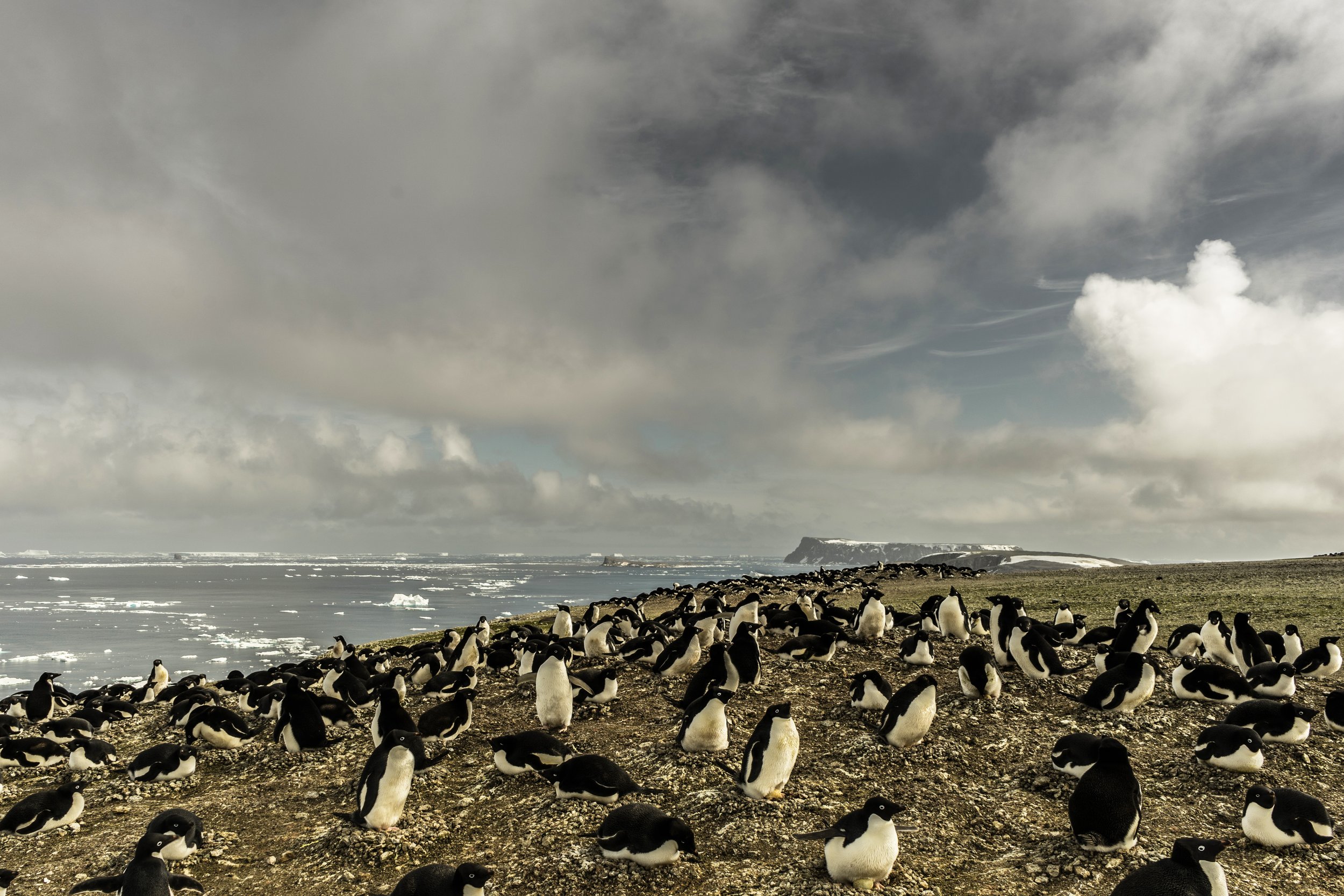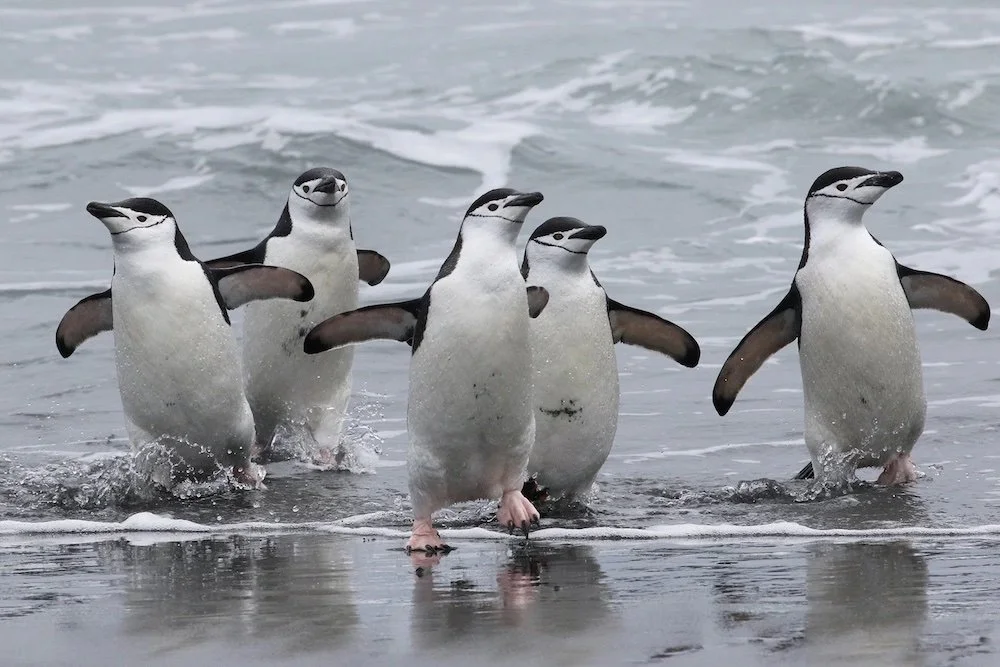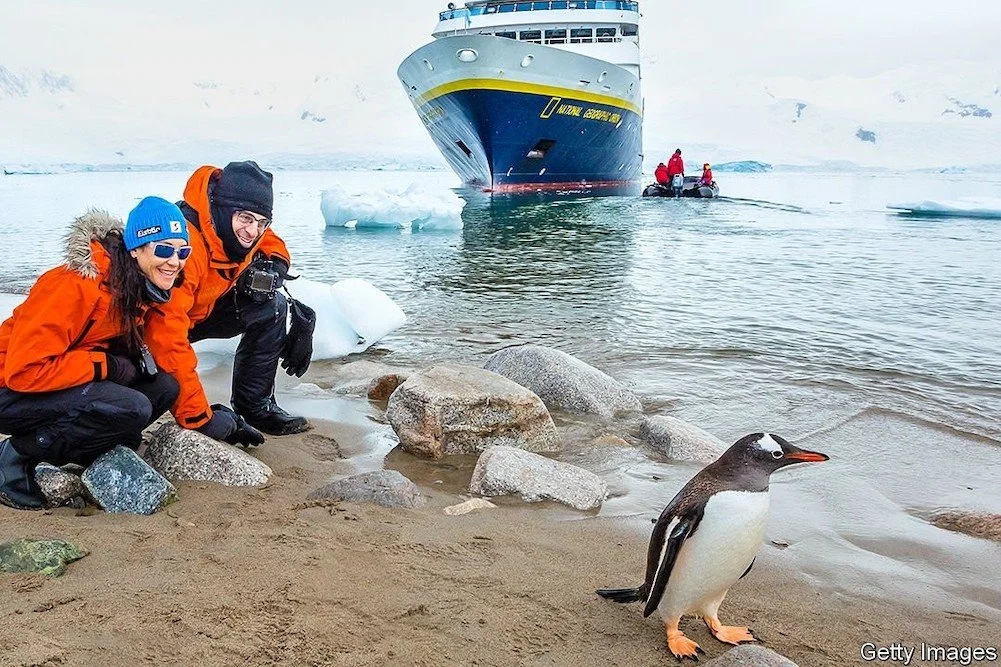
We address real-world ecological and conservation problems
The Lynch Lab is focused on applying quantitative methods to pressing questions in ecology and conservation biology in Antarctica.
Central to my lab’s research activities are our efforts to understand the dynamics of Antarctic wildlife, primarily but not exclusively Antarctic penguins, in the face of climate change, fishing, and tourism.

Research Questions
Solving real-world environmental challenges often requires novel, interdisciplinary approaches that defy traditional academic boundaries and fall into ecology, geography, applied mathematics, or earth systems science.
We study the population dynamics and biogeographic distribution of penguins and other Antarctic seabirds, with a particular focus on understanding the effects of climate change, fishing, and tourism. Additional studies ongoing in the lab include investigations into penguin behavior, genetics, stress hormones, and habitat use.

Research Methods
We are actively involved in the development of novel methods for wildlife survey, including the use of satellite imagery, computer vision, and aerial drones to survey remote wildlife.
Our highly interdisciplinary efforts involve students and postdocs from ecology, marine science, applied mathematics and statistics, computer science, and electrical and computer engineering, which allows us to take an end-to-end “full stack” approach to Antarctic ecology that links Antarctic field research to statistical analysis and data curation through to the development and deployment of decision support tools and applications for the Antarctic stakeholder community.



